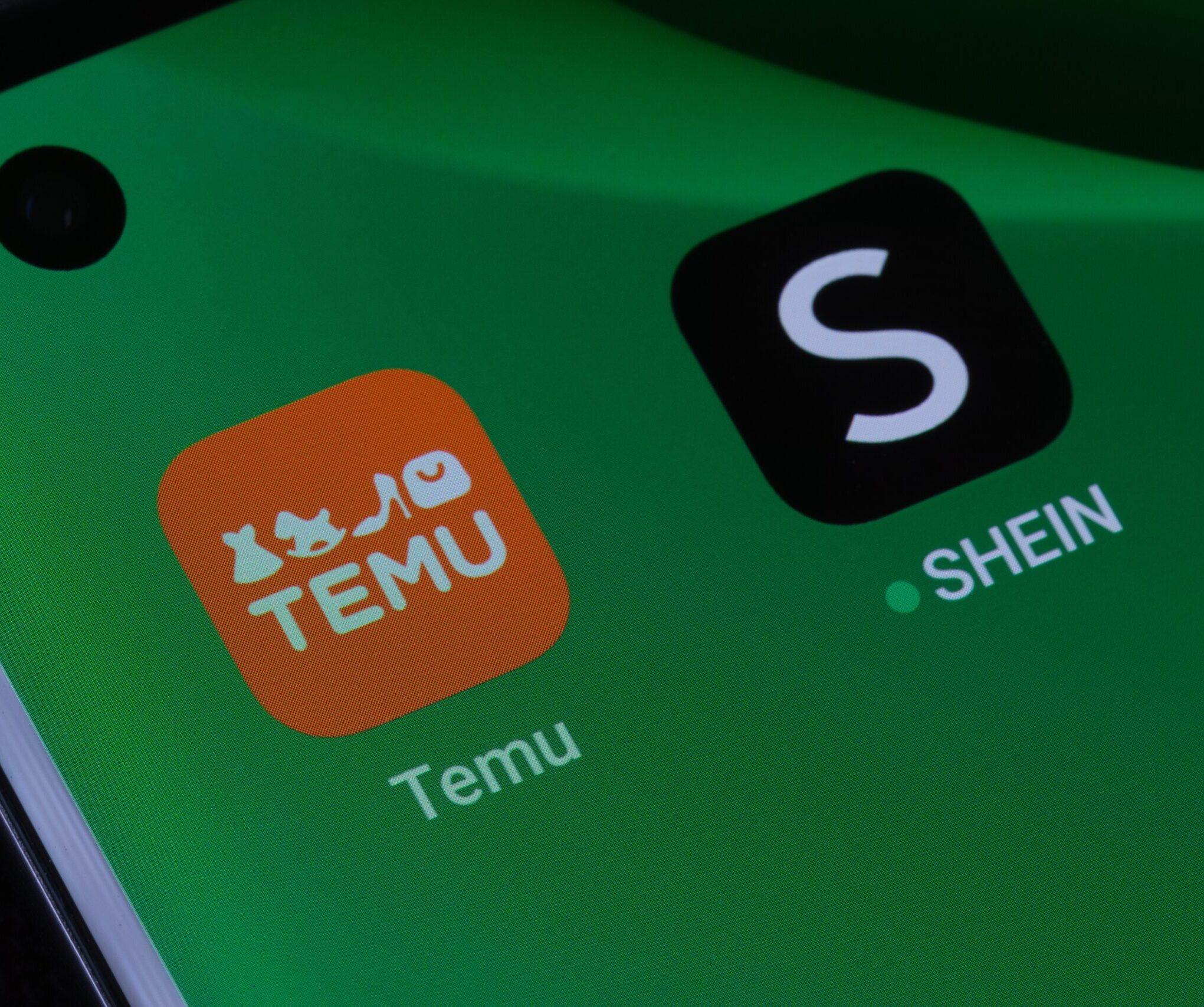In the ever-evolving world of giants in e-commerce, two names have recently become contenders for the supremacy of affordability and popularity: Temu and Shein. These two companies have garnered attention due to their rapid growth in the industry as well as their reputation for delivering low-cost products. However, just like any comparison, you need to delve deeper into the nuances of their business models to truly understand whether Temu is similar to Shein, or if they’re distinct players in the e-commerce arena.
The rise of Shein as well as Temu
Temu’s rise to prominence is definitely comparable to Shein’s meteoric rise to fame. Both companies have seen rapid growth and are attracting budget-conscious customers. The appeal of these brands is their price and allows shoppers to look fashionable but not broke. Many have wondered what is the difference between Shein’s and Temu’s products made of the same fabric?

Similarities and differences
The products of Shein and Temu are similar in the sense that they both provide affordable pricing, however the two companies are not identical. Temu with its ingenuous Next-Gen Manufacturing strategy, is notable for its substantial savings across different categories of products. This model uses advanced manufacturing techniques to streamline production processes. It lowers overhead costs, and passes the savings onto customers.
Shein is on its own, has gained a reputation for being a fast-fashion brand, with primarily clothing and accessories. Its appeal lies in keeping up with the most recent trends in fashion and providing various options to satisfy different tastes in fashion. Shein’s emphasis on fashion as in addition to other verticals like accessories and beauty, has helped to make it an industry niche. For more information, click Shein vs Temu
Models of business under the microscope
Temu’s Next-Gen Manufacturing model deserves a closer look. Temu improves the supply chain and manufacturing processes through the use of the latest technologies, including AI analytics, data analysis and automation. It allows them to reduce manufacturing costs and still maintain quality. Temu can offer an array of goods in various categories from household goods to electronics with competitive cost. This distinguishes them from Shein that focuses its efforts primarily around fashion and its derivatives.
Shein does cover a wide assortment of styles but its business model is based on the constant updating its inventory in order to match the ever-changing fashion trends. It demands quick design, production and distribution cycles. This strategy is undoubtedly a reason for its popularity with young audiences who are looking for trendy items at affordable prices.
Questions of ownership
One of the questions that have been asked is whether Shein is the proprietor of Temu. But this is not true. Although there may be superficial similarities or contrasts, Temu and Shein are separate entities, with distinct ownership structures. Temu has its own online platform and focuses on its manufacturing methods. Shein is a separate brand that offers a fashionable and trendy product.
Takeaway
In the tumultuous ocean of e-commerce, it’s easy to draw parallels between two companies that exhibit similar growth trajectories. The tale of Temu and Shein shows that despite their similarities there are a lot of differences. Their distinct approaches to business, manufacturing, and market focus emphasize their distinctness.
Temu’s Next Gen Manufacturing model is an example of the latest innovation in the ecommerce industry. Temu utilizes technology to streamline its processes. This not only lowers costs, but also increases the accessibility of a range of categories. Shein’s passion for fashion and its swift product turnover, on contrary, firmly establishes Shein as a pioneer in the online fashion retail space.
Temu’s comparison to Shein illustrates the differentiating factors in the world of e-commerce. Both cater to price-conscious shoppers However, their strategies, business models and areas of expertise diverge significantly. Temu’s manufacturing capabilities, and Shein’s fashion-forward flair demonstrate the diverse nature of the ecommerce eco-system. As shoppers and online users, appreciate the uniqueness of each of these platforms brings to the table, and then continue exploring the expanding world of shopping online.